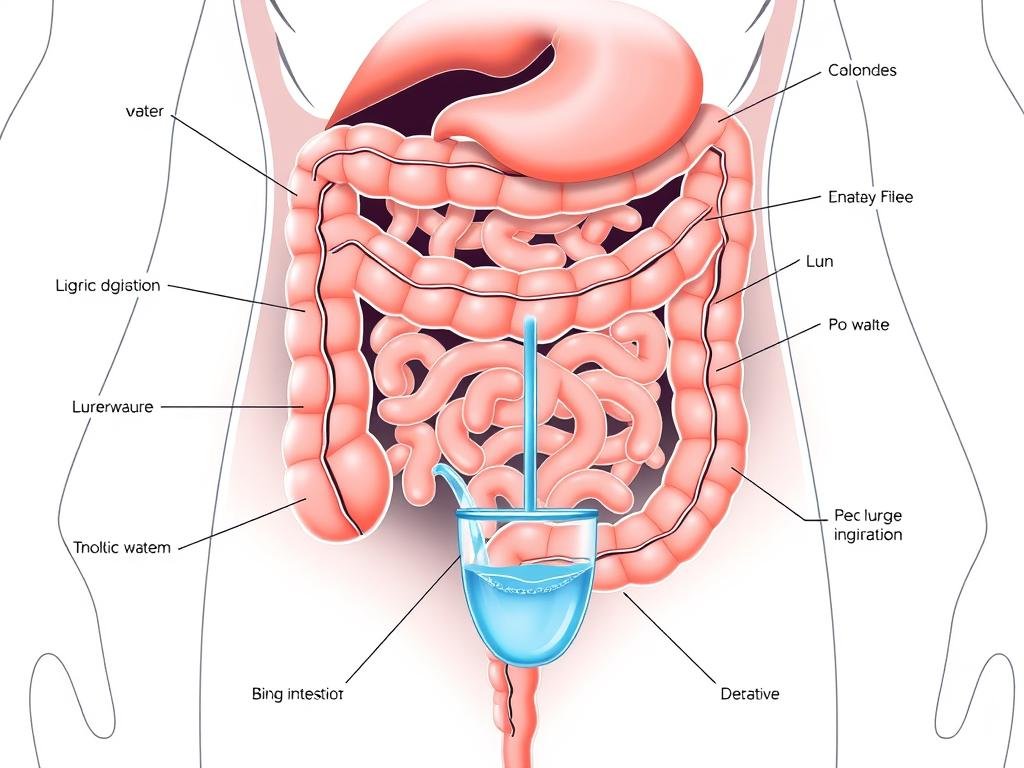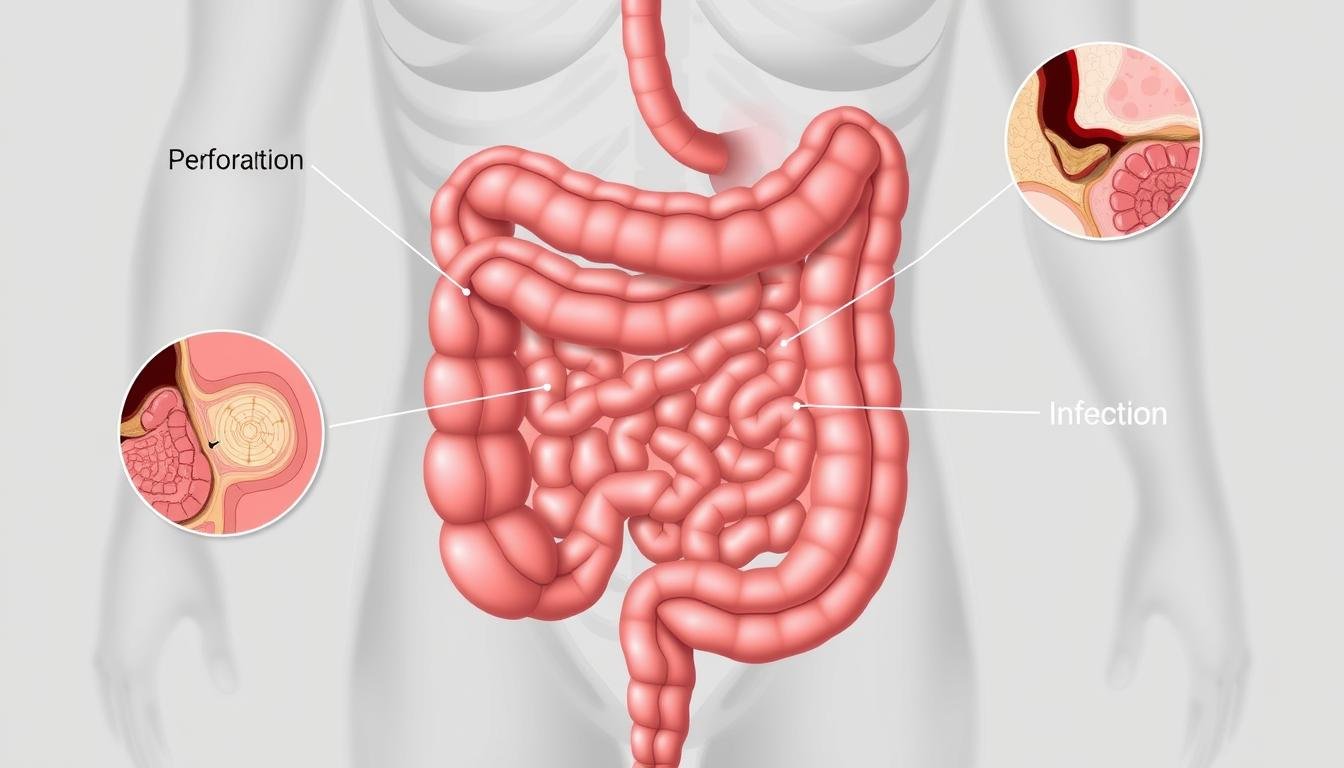കോളൻ ഹൈഡ്രോതെറാപ്പി ഉപകരണ നിർമ്മാതാവ്

കോളനിക് ഇറിഗേഷൻ എന്താണ്?
Colonic irrigation is a procedure where large volumes of water (up to 16 gallons) are flushed through the colon using a tube inserted into the rectum. Sometimes, additives like coffee, herbs, or enzymes are mixed into the water. The procedure aims to remove waste material and bacteria from the colon, which proponents claim helps detoxify the body.
Many alternative medicine practitioners suggest that toxins in your gastrointestinal system may contribute to various health problems, including asthma, arthritis, and fatigue. They claim that by removing these toxins through colonic irrigation, you might experience benefits such as increased energy, weight loss, and improved immune function.

“Many people think by getting rid of fecal material, they are getting rid of toxins in the body. That is not true at all.” – Dr. Sang W. Lee, Division Head of Colorectal Surgery
However, it’s important to understand that your digestive system and bowels naturally remove waste and toxins on their own. The colon contains beneficial bacteria that aid in digestion and help maintain a healthy gut microbiome, which plays a crucial role in overall health.
Common Colonic Irrigation Side Effects
While some people report feeling “lighter” അഥവാ “cleaner” after colonic irrigation, many experience uncomfortable side effects. These short-term effects typically resolve within a few hours or days but can be quite distressing.

Mild to Moderate Side Effects
- Abdominal cramping and bloating
- ഓക്കാനം, ഛർദ്ദി
- Diarrhea or irregular bowel movements
- Dizziness and fatigue
- Mineral imbalances
- Disruption of normal gut bacteria
When to Seek Medical Attention
- Severe abdominal pain that persists or worsens
- Rectal bleeding or blood in stool
- High fever or chills
- Persistent vomiting
- Signs of dehydration (extreme thirst, dry mouth, little or no urination)
- Irregular heartbeat or chest pain
“Initial relief may come from abdominal decompression but it is only temporary. Colonics can be dangerous as well. It is often performed by non-medical personnel and can severely injure the patients.” – Medical Expert
ഗുരുതരമായ അപകടസാധ്യതകളും സങ്കീർണതകളും
Beyond the common side effects, colonic irrigation carries risks of more serious complications, especially for people with certain health conditions or when performed by untrained practitioners.

Serious Complications of Colonic Irrigation
These rare but potentially life-threatening complications require immediate medical attention:
- മലവിസർജ്ജനം: Tearing of the rectum or colon wall, which can lead to serious infection
- Severe infection: Introduction of harmful bacteria into the colon
- Electrolyte imbalance: Disruption of essential minerals in the body, which can affect heart and kidney function
- Kidney failure: In severe cases of dehydration or electrolyte imbalance
- Heart failure: From severe electrolyte imbalances, particularly in those with existing heart conditions
High-Risk Groups
Certain individuals should never undergo colonic irrigation due to increased risk of complications:
Digestive Conditions
- ഡിവർട്ടിക്കുലൈറ്റിസ്
- Crohn’s disease
- Ulcerative colitis
- Recent bowel surgery
- Hemorrhoids
Cardiovascular Conditions
- ഹൃദ്രോഗം
- രക്താതിമർദ്ദങ്ങൾ
- History of heart attack
- Congestive heart failure
Other Conditions
- വൃക്കരോഗം
- കടുത്ത ഹെമറോയ്ഡുകൾ
- ഗര്ഭം
- Recent colon cancer treatment
- കടുത്ത വിളർച്ച
Claimed Benefits vs. Medical Evidence
Proponents of colonic irrigation claim numerous health benefits, but it’s important to compare these claims with what medical research actually shows.

ക്ലെയിം നേട്ടങ്ങൾ
- Removal of toxins from the body
- Improved energy and mental clarity
- ശരീരഭാരം കുറയ്ക്കൽ
- മെച്ചപ്പെടുത്തിയ രോഗപ്രതിരോധ പ്രവർത്തനം മെച്ചപ്പെടുത്തി
- Relief from bloating and constipation
- Prevention of colon cancer
Medical Evidence
- No scientific evidence of toxin removal
- Temporary effects often followed by fatigue
- Any weight loss is typically water weight
- May disrupt beneficial gut bacteria
- Can worsen digestive issues long-term
- No evidence of cancer prevention benefits
“As we understand more about microbiome, we know there are both good and bad bacteria that reside in our digestive system. Having colonics may disturb that balance and cause more issues in the long run. It certainly does not get rid of only the bad bacteria or toxins.”
Medical professionals emphasize that the body’s digestive system is already designed to eliminate waste efficiently. The colon naturally contains beneficial bacteria that help with digestion and protect against harmful pathogens. Disrupting this natural balance through colonic irrigation may actually harm your health rather than improve it.
What Medical Experts Say
Gastroenterologists and colorectal specialists generally advise against colonic irrigation for “detoxification” purposes, citing lack of evidence for benefits and potential for harm.

“While it’s important to pay attention to your gut health, colon cleanses do not offer any medical benefit — and they pose serious health risks. If your colon is functioning normally, it’s regularly removing waste from your body.”
Medical Consensus on Colonic Irrigation
The medical community generally agrees on these points regarding colonic irrigation:
- The digestive system naturally eliminates waste and toxins without assistance
- No scientific evidence supports detoxification claims
- The procedure can disrupt the natural balance of gut bacteria
- Risks outweigh any potential benefits for most people
- The only medically valid use of colon cleansing is preparation for procedures like colonoscopy
According to the Mayo Clinic and other reputable medical institutions, there’s no evidence that colon cleansing produces these claimed benefits. The body’s digestive system and bowels already eliminate waste material and bacteria from the colon when functioning normally.
Safety Tips If You Choose Colonic Irrigation
While medical professionals generally don’t recommend colonic irrigation, if you still choose to undergo the procedure, these safety measures may help reduce your risk of complications.

നടപടിക്രമത്തിന് മുമ്പ്
- Consult with your primary care physician
- Disclose all medical conditions and medications
- Verify practitioner credentials and facility cleanliness
- Ask about equipment sterilization procedures
- Stay well-hydrated for 24-48 hours before
- Avoid solid foods 2-4 hours before
നടപടിക്രമത്തിനിടെ
- Ensure single-use disposable equipment is used
- Verify water temperature is comfortable
- Communicate any discomfort immediately
- Request gentle water pressure
- Ensure privacy and dignity are maintained
- Stop the procedure if pain occurs
നടപടിക്രമത്തിന് ശേഷം
- Drink plenty of water to rehydrate
- Consider probiotic supplements
- Monitor for concerning symptoms
- Rest and avoid strenuous activity
- Eat light, easily digestible foods
- Seek medical attention for severe symptoms
Consult with a Gastroenterologist First
Before considering colonic irrigation, speak with a qualified gastroenterologist who can evaluate your digestive health and recommend evidence-based treatments for any concerns you may have.
ദഹന ആരോഗ്യത്തിനുള്ള ആരോഗ്യപരമായ ബദലുകൾ
Instead of colonic irrigation, consider these evidence-based approaches to support your digestive health and overall wellbeing.

ഡയറ്ററി സമീപിക്കുന്നു
- Increase fiber intake (25-30g daily)
- Stay well-hydrated (8-10 glasses of water)
- പ്രോബയോട്ടിക് സമ്പന്നമായ ഭക്ഷണങ്ങൾ കഴിക്കുക
- പ്രോസസ്സ് ചെയ്ത ഭക്ഷണങ്ങളും ചുവന്ന മാംസവും പരിമിതപ്പെടുത്തുക
- Eat plenty of fruits and vegetables
ജീവിതശൈലി മാറ്റങ്ങൾ
- Regular physical activity (150 min/week)
- സ്ട്രെസ് മാനേജുമെന്റ് ടെക്നിക്കുകൾ
- പതിവ് ബാത്ത്റൂം ശീലങ്ങൾ സ്ഥാപിക്കുക
- Get adequate sleep (7-9 hours)
- Limit alcohol consumption
എപ്പോൾ ഒരു ഡോക്ടറെ കാണണം
- Persistent constipation or diarrhea
- വിശദീകരിക്കാത്ത ശരീരഭാരം
- മലം രക്തം
- Severe abdominal pain
- Family history of colon cancer

The Importance of Colon Cancer Screening
Regular screening exams for colorectal cancer should start at age 45 for adults at average risk. These exams can find cancer at an early stage when the chances for successful treatment are highest.
Talk to your doctor about which screening option is right for you.
Conclusion: Making Informed Decisions About Your Digestive Health
While colonic irrigation may seem appealing as a way to “detoxify” your body, the scientific evidence doesn’t support its use, and the potential colonic irrigation side effects range from uncomfortable to dangerous. Your colon is already designed to eliminate waste efficiently, and disrupting its natural function may do more harm than good.

If you’re experiencing digestive issues like bloating, constipation, or irregular bowel movements, these symptoms could indicate an underlying health condition that requires proper medical attention. Rather than seeking out colonic irrigation, consider consulting with a healthcare provider who can recommend evidence-based treatments tailored to your specific needs.
By focusing on a fiber-rich diet, staying hydrated, exercising regularly, and getting appropriate medical screenings, you can support your digestive health naturally without the risks associated with colonic irrigation.
Speak with a Digestive Health Specialist
If you’re concerned about your digestive health, speak with a qualified healthcare provider who can offer personalized advice based on your medical history and current health status.
